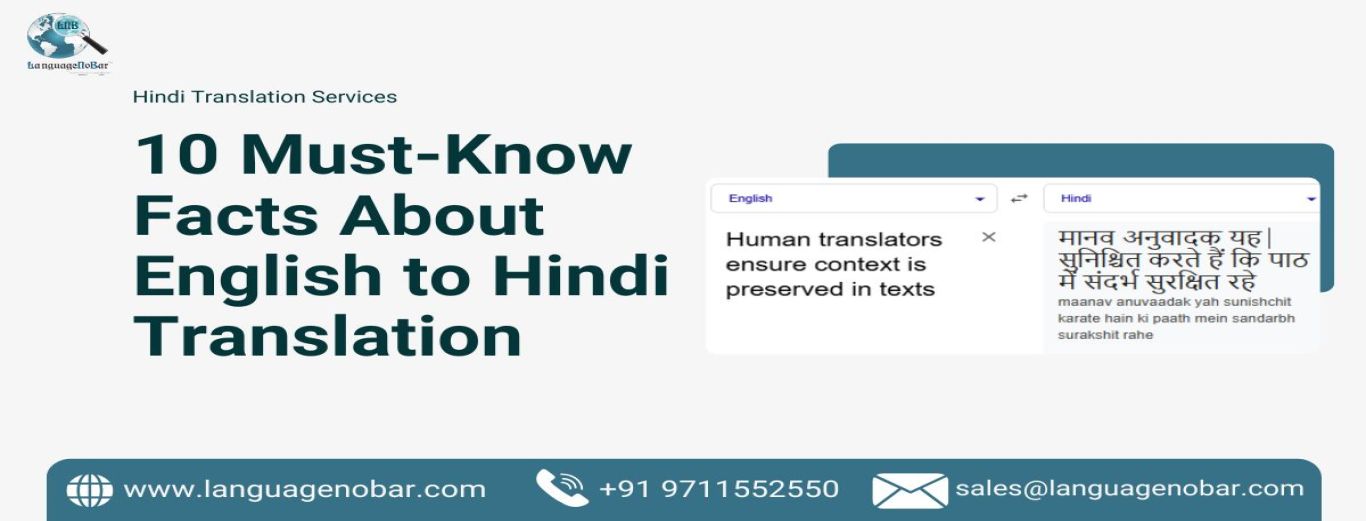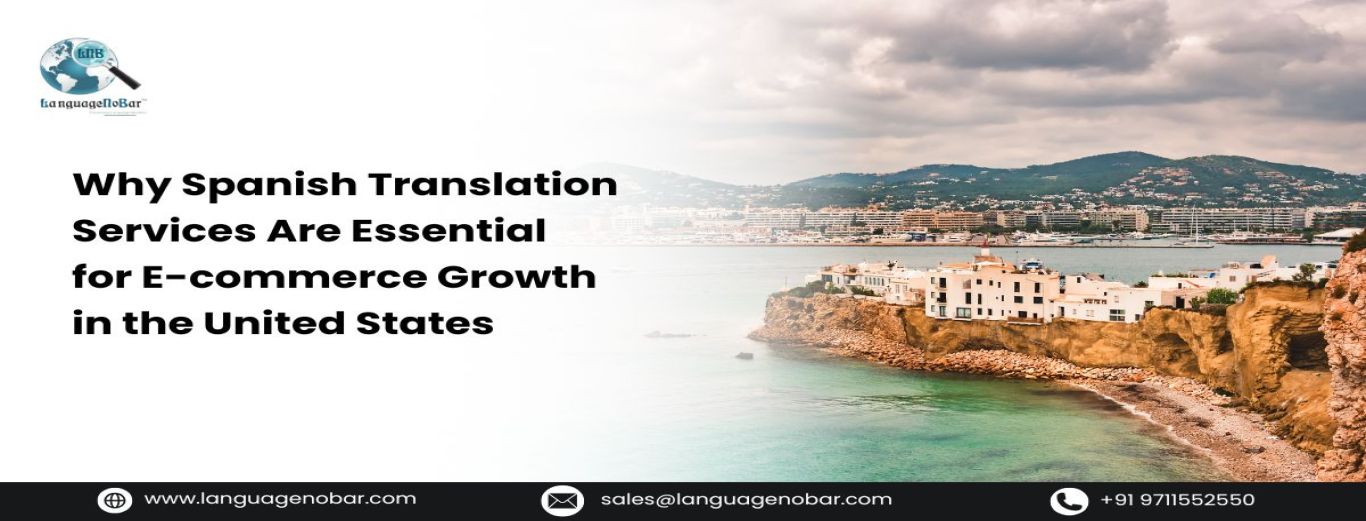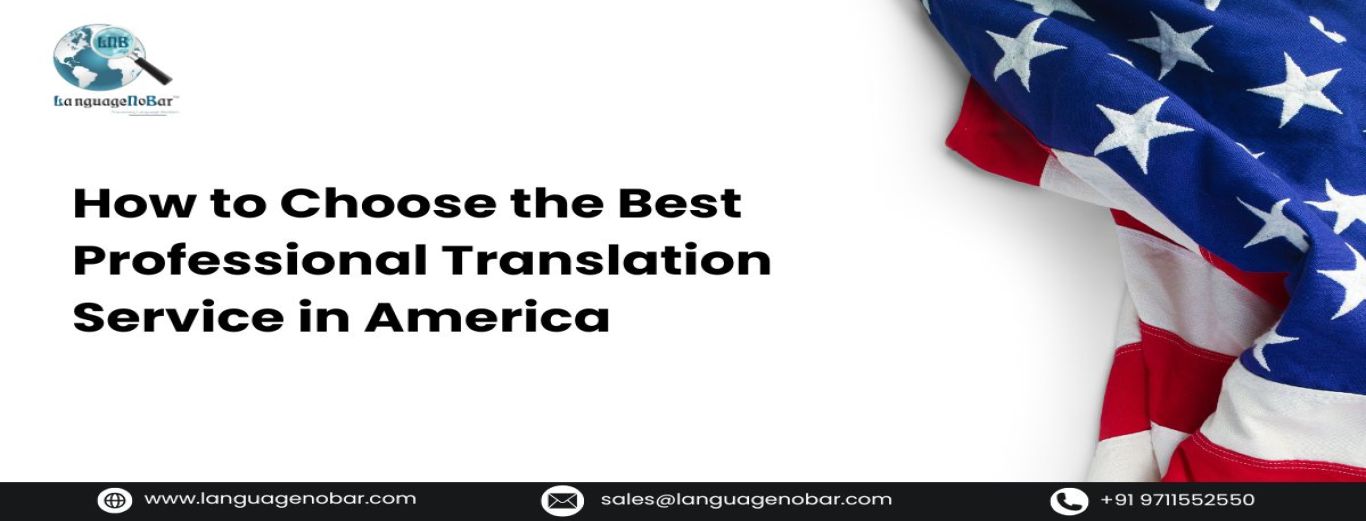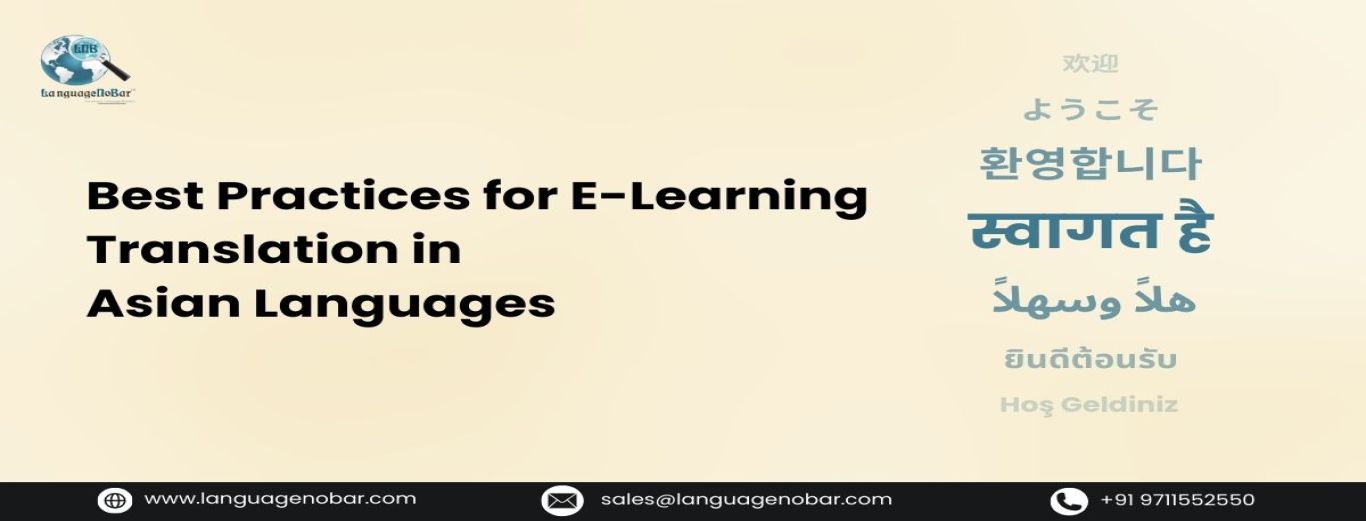The Future of Social Media Translation: A Look at the Latest Trends
- Social Media Translation
- Comments (0)
Social media has become an essential tool for businesses, organizations, and individuals to communicate with their audiences. With the rise of global communication, social media translation has become increasingly important. Social media platforms such as Facebook, Twitter, Instagram, and LinkedIn have become major players in the world of translation. In this blog post, we will explore the latest trends in social media translation and what the future holds for this rapidly growing field.
Artificial Intelligence (AI)
Artificial intelligence is transforming the way we translate content on social media. AI-powered translation tools such as Google Translate and Microsoft Translator have already made it easier for users to communicate in different languages. These tools use machine learning algorithms to improve translations over time, making them more accurate and contextually relevant. In the future, we can expect to see more advanced AI-powered translation tools that can handle more complex social media content.
Localization
Localization involves adapting content to the cultural and linguistic nuances of a specific region or country. With social media being a global platform, localization is becoming more important for businesses looking to expand into new markets. Localization involves more than just translating text, it also involves adapting images, videos, and other multimedia content to suit the target audience's cultural preferences. As social media continues to grow globally, we can expect to see more emphasis on localization in social media translation, if the target audience is telugu then more emphasis will be on premium Telugu Translation.
User-Generated Content
User-generated content has become an integral part of social media, and it's not going away anytime soon. Social media translation must take into account user-generated content, such as comments, reviews, and posts. These types of content often contain colloquial language, slang, and cultural references that can be challenging to translate accurately. As a result, social media translation must adapt to the unique challenges presented by user-generated content.
Video Translation
Video content is becoming increasingly popular on social media, and this presents a unique challenge for translation. Video translation involves more than just translating subtitles. It also involves adapting the video's content to suit the target audience's cultural preferences. This can include changing the music, graphics, and even the actors to ensure that the video resonates with the target audience. Video translation is still in its early stages, but we can expect to see more advanced video translation tools in the future.
Human Translation
Despite the advances in AI and machine learning, human translation is still essential for accurate and contextually relevant translations. Human translators can provide the cultural knowledge and context needed to translate content accurately, especially when dealing with user-generated content. As social media continues to grow, we can expect to see more emphasis on the role of human translators in quality social media translation.
Social Media Analytics
Social media analytics tools can provide valuable insights into the performance of social media content. These tools can provide data on engagement, reach, and audience demographics. Social media translation can benefit from these insights by using data to inform translation decisions. For example, analytics can be used to determine which languages to translate content into, and which social media platforms to focus on.
Voice Translation
Voice translation is a new trend in social media translation. Voice translation involves translating voice content, such as podcasts or voice messages. This technology is still in its early stages, but we can expect to see more advanced voice translation tools in the future. Voice translation could revolutionize social media communication by allowing users to communicate in different languages more easily.
In conclusion, social media translation is an essential aspect of global communication. The latest trends in social media translation, such as AI, localization, user-generated content, video translation, human translation, social media analytics, and voice translation, show that the field is rapidly evolving. LanguageNoBar - a leading translation agency that ensures premium social media translation in 150+ languages with the guarantee to deliver it on time with no errors.
Related Blog :
LOCALIZE YOUR MOBILE APP TO INCREASE YOUR MARKETING ROI
GROW YOUR BUSINESS INTERNATIONALLY THROUGH WEBSITE LOCALIZATION SERVICES
REASONS TO TRANSLATE YOUR ELEARNING COURSE FOR A GLOBAL AUDIENCE






